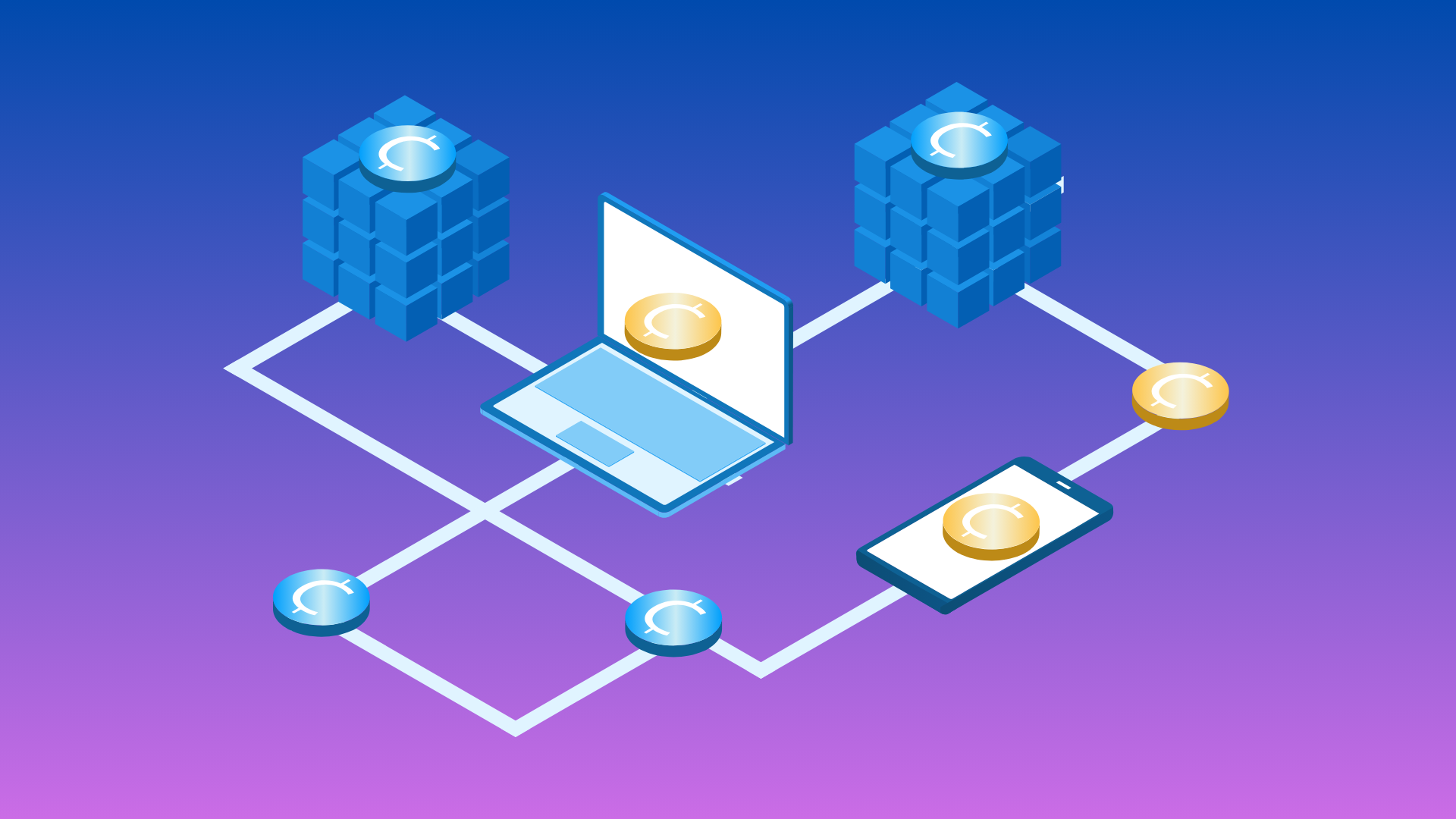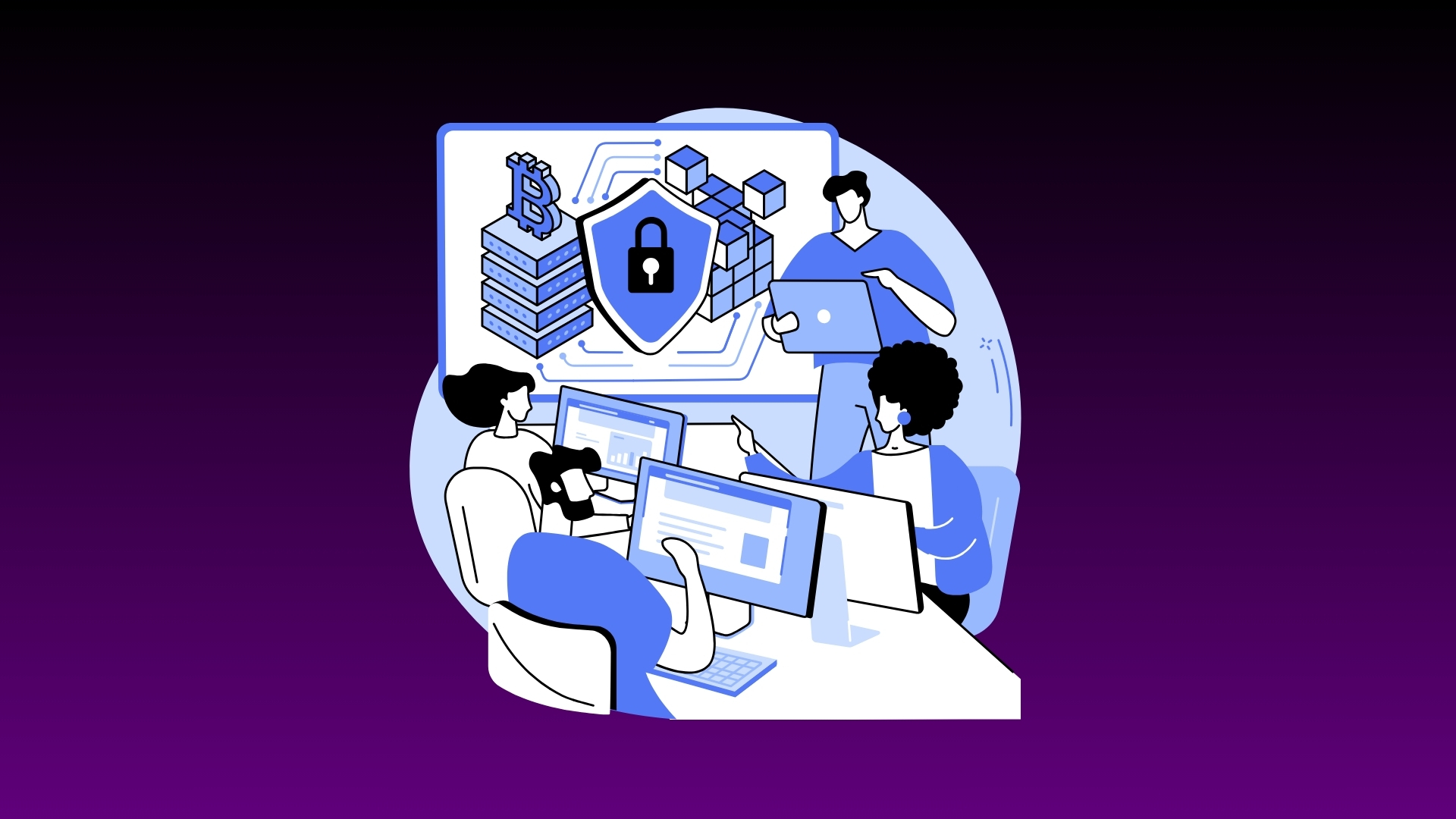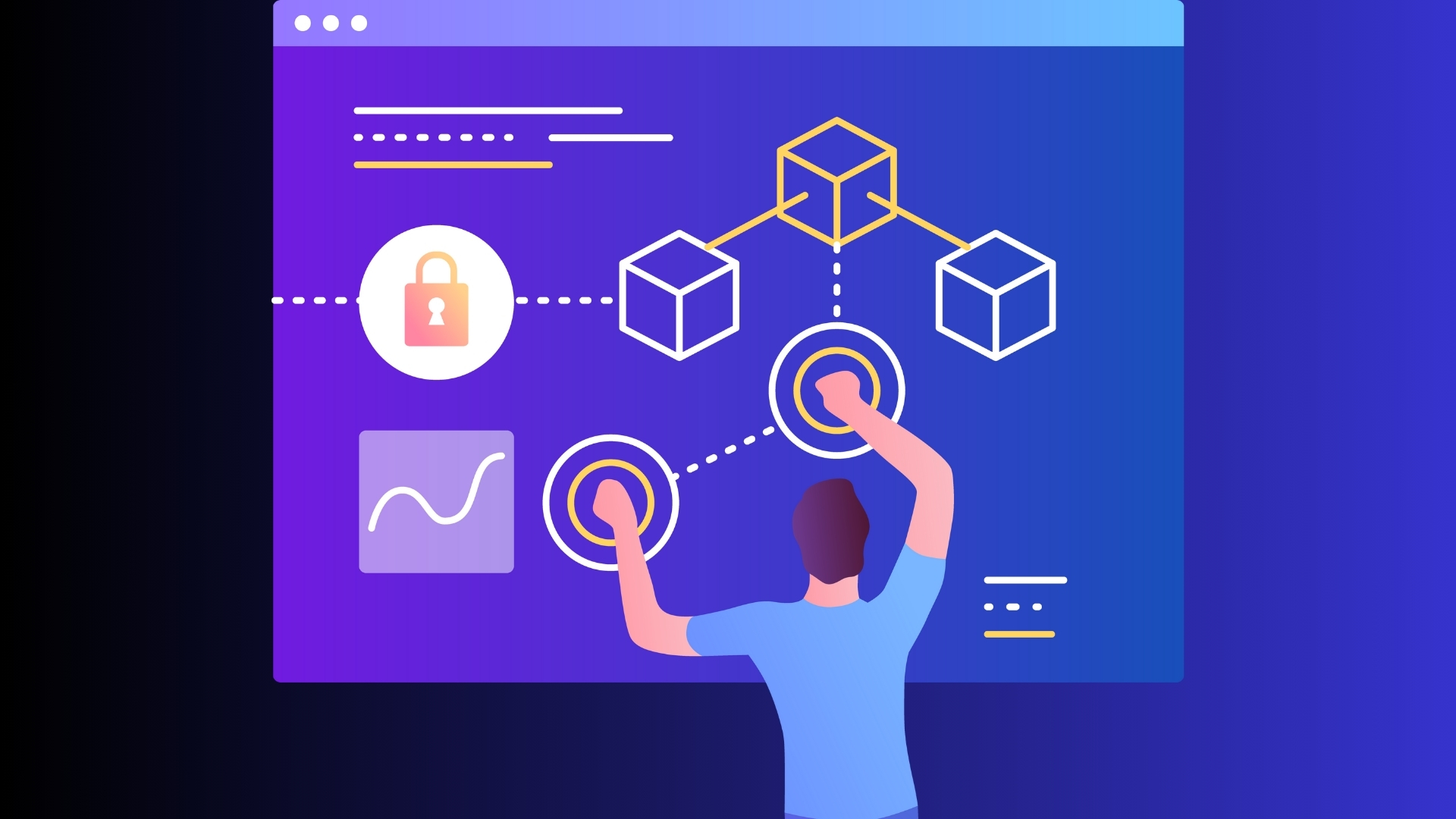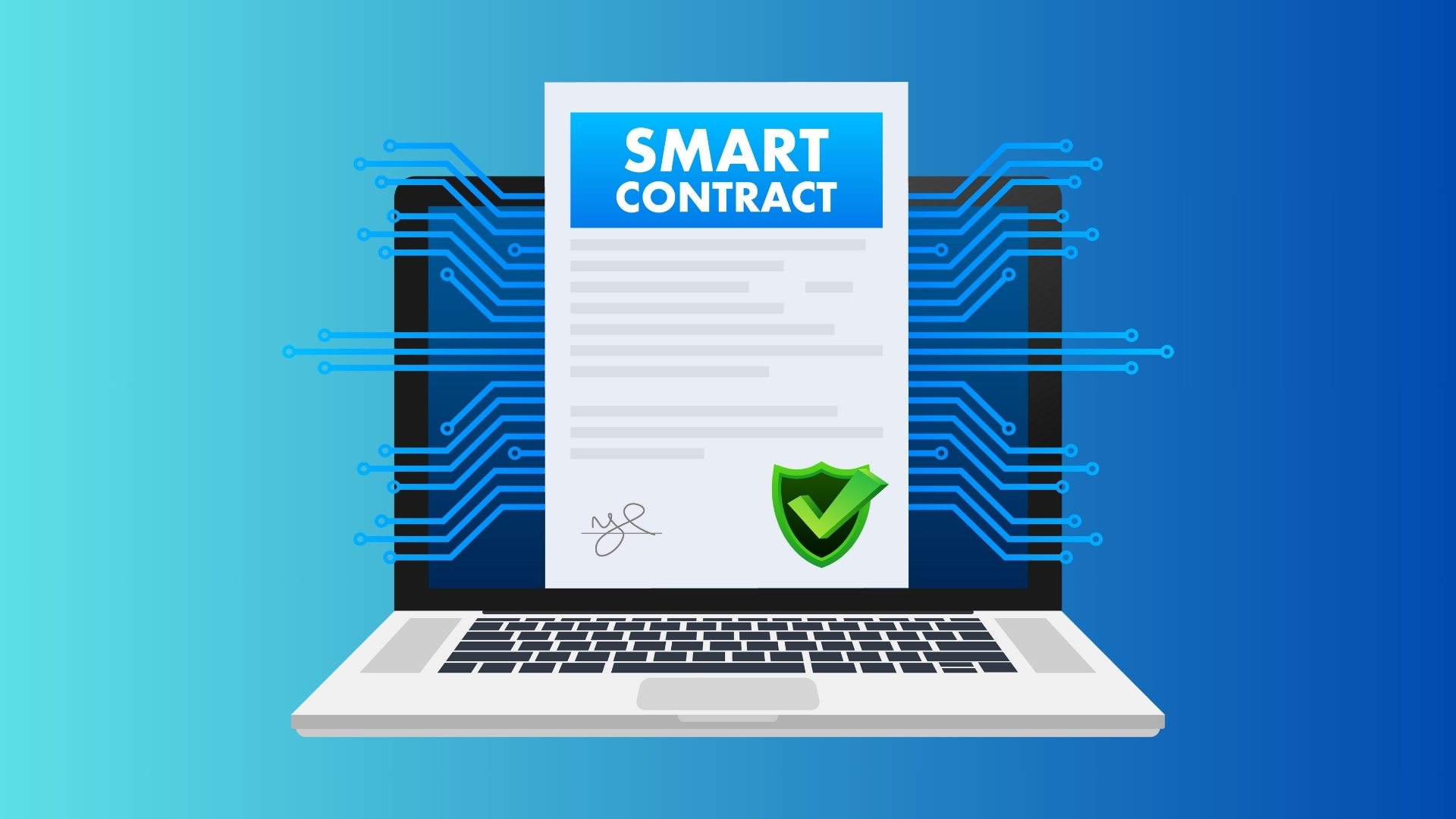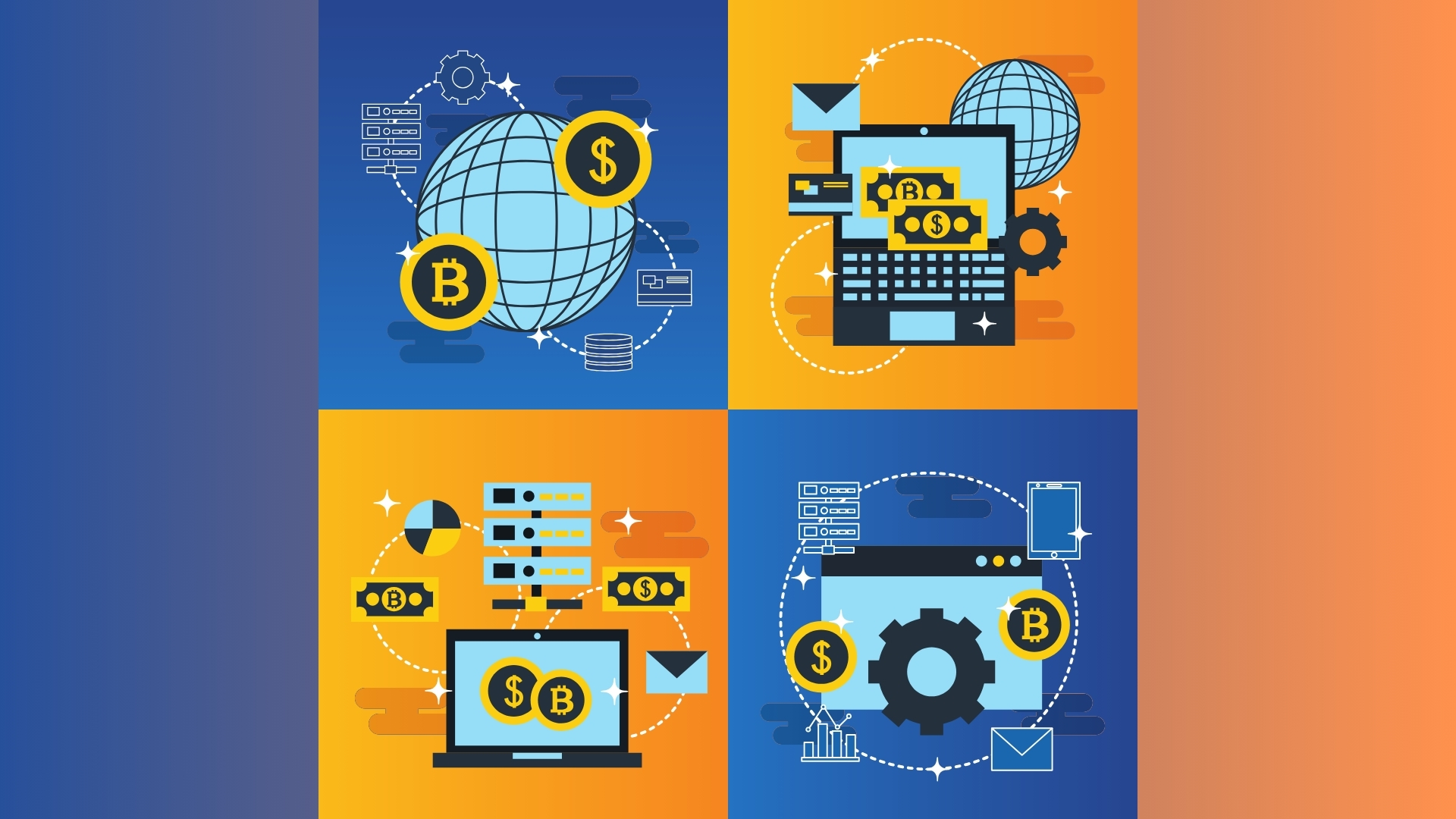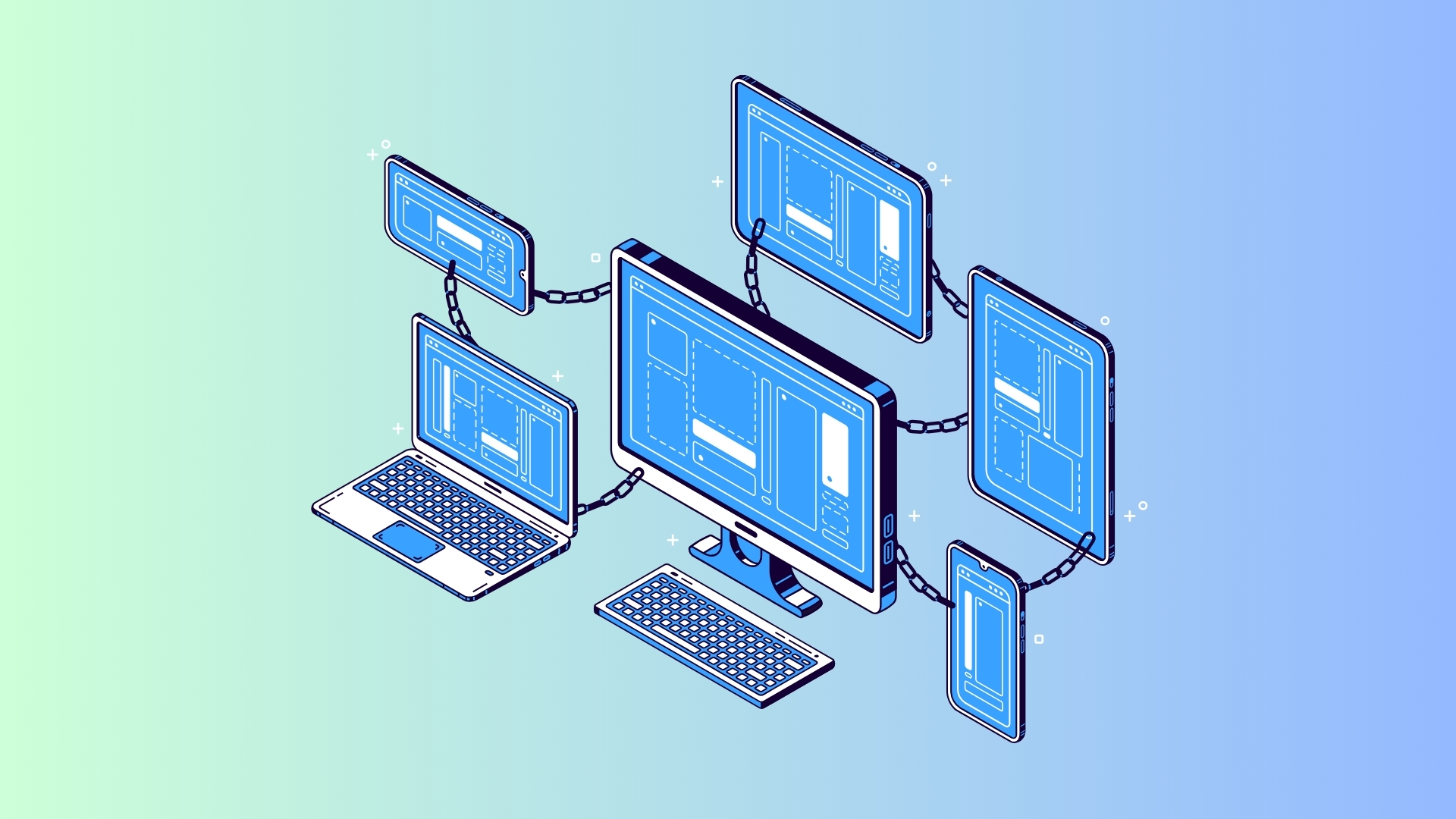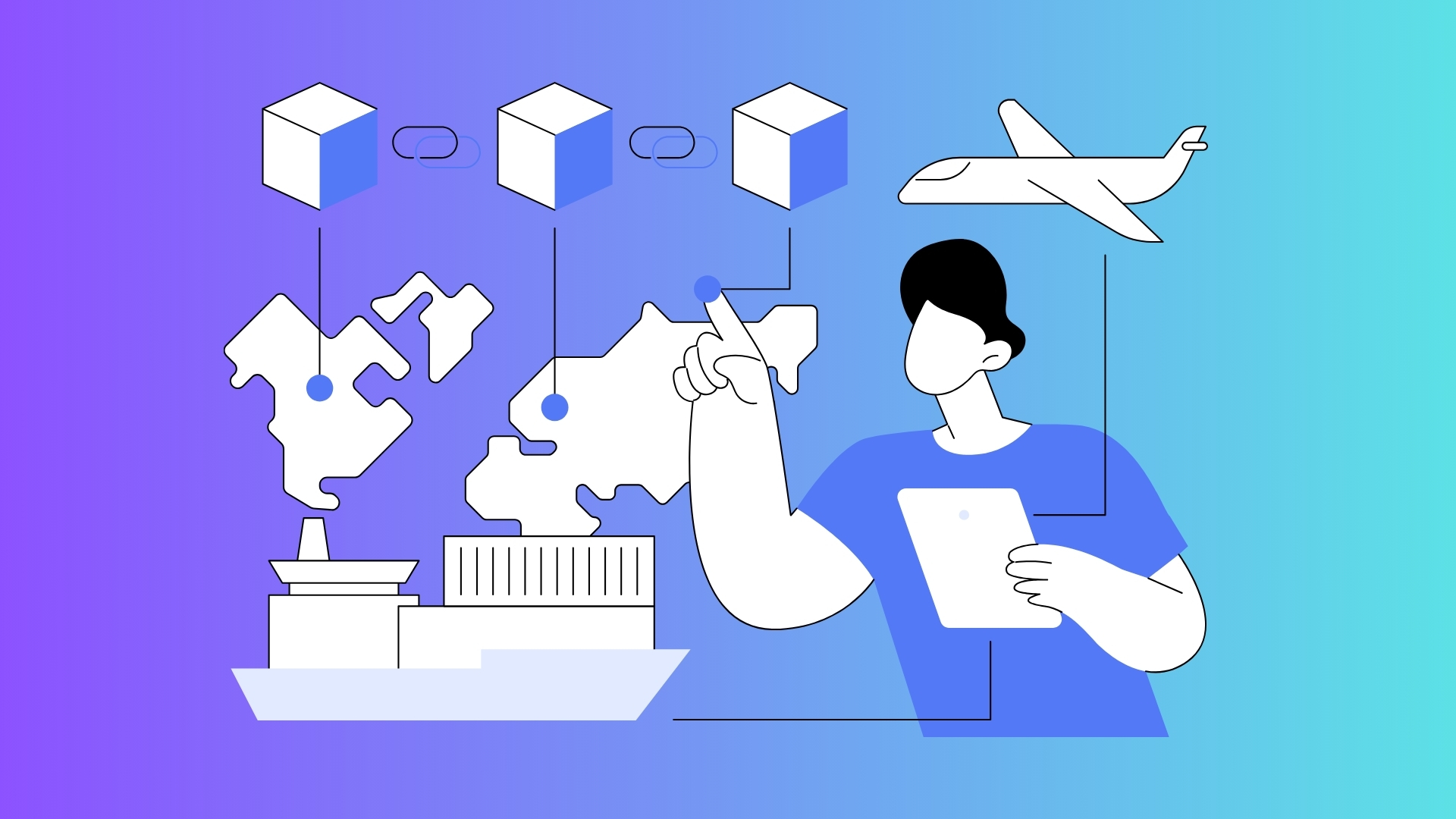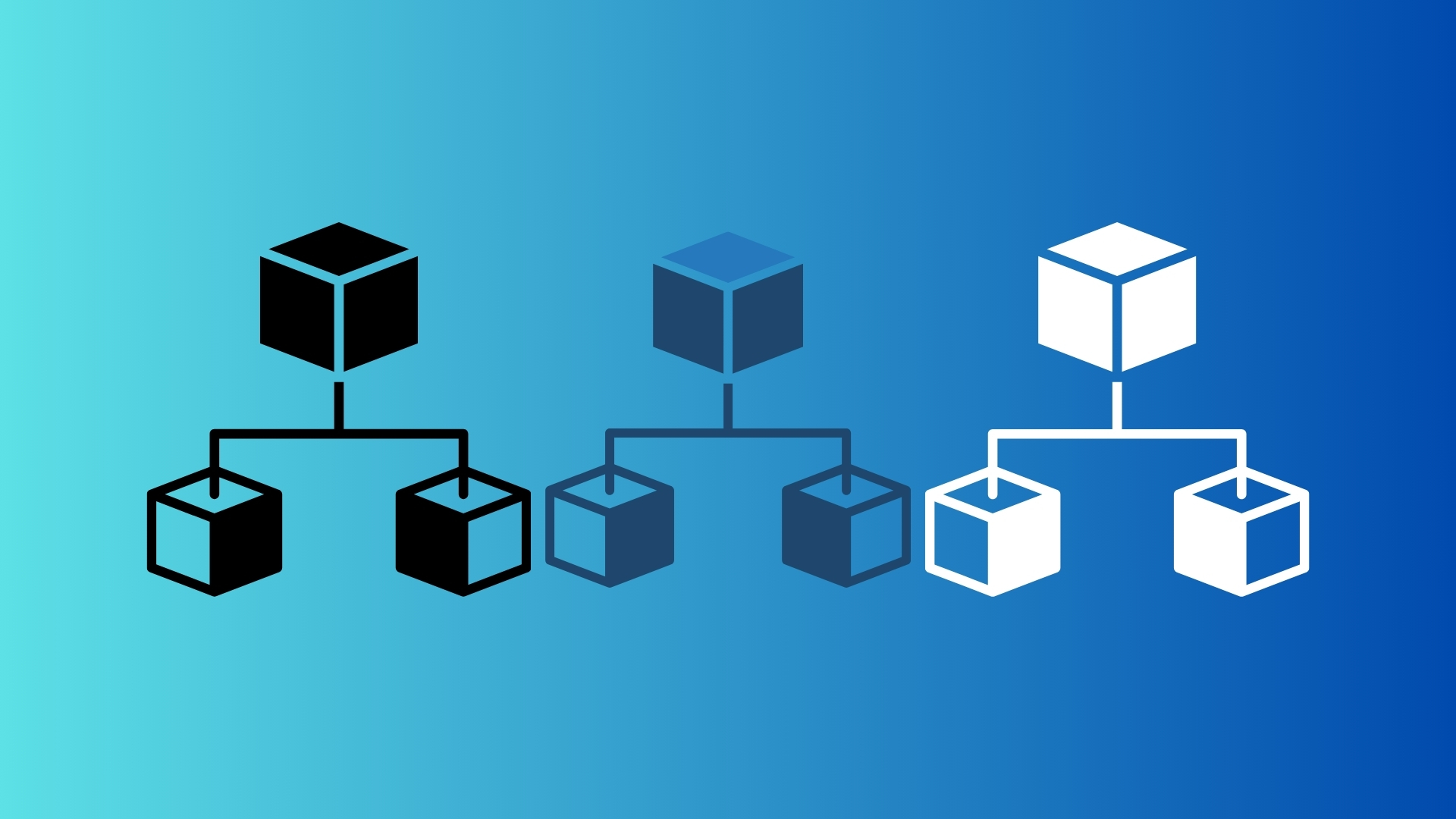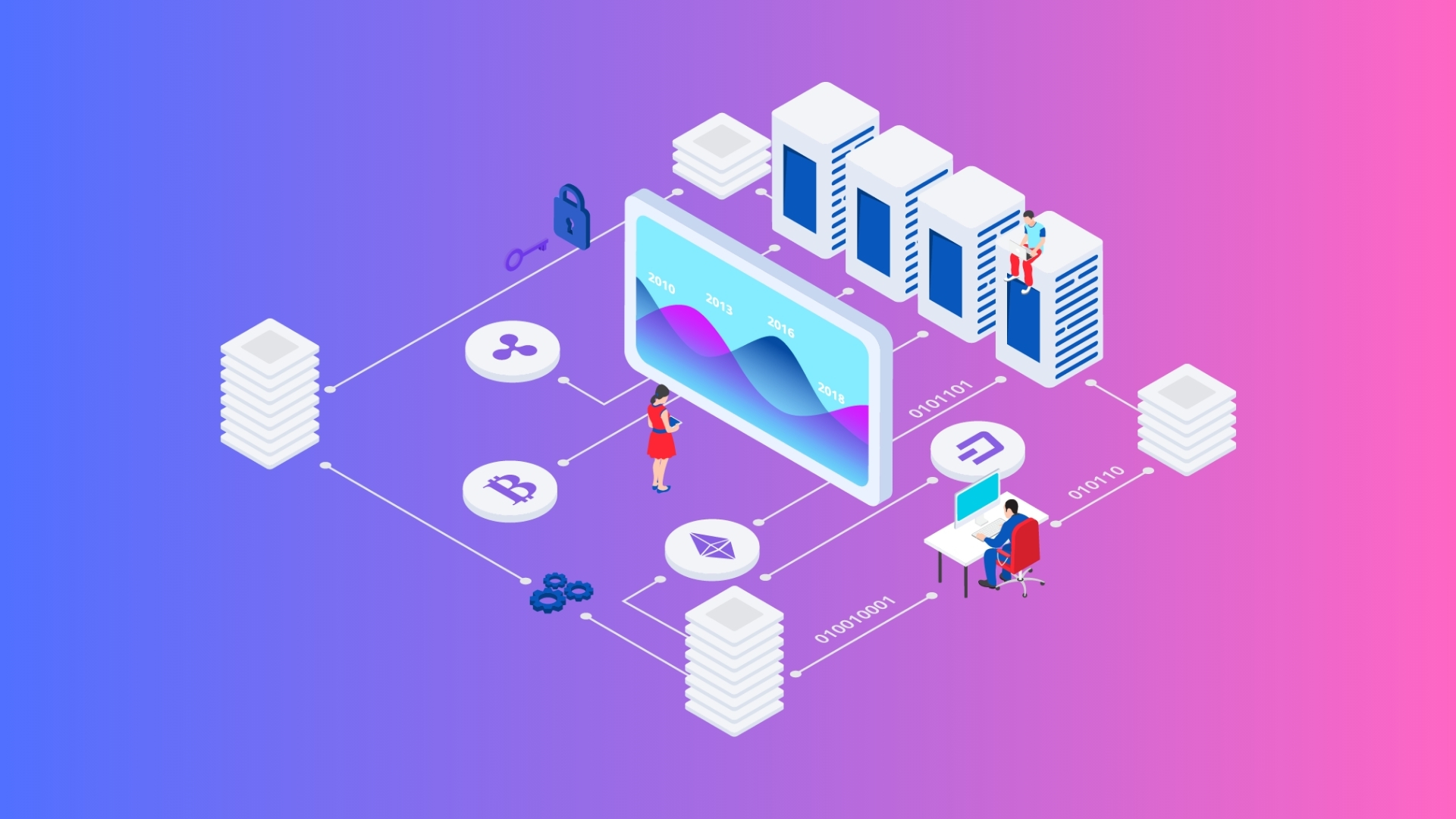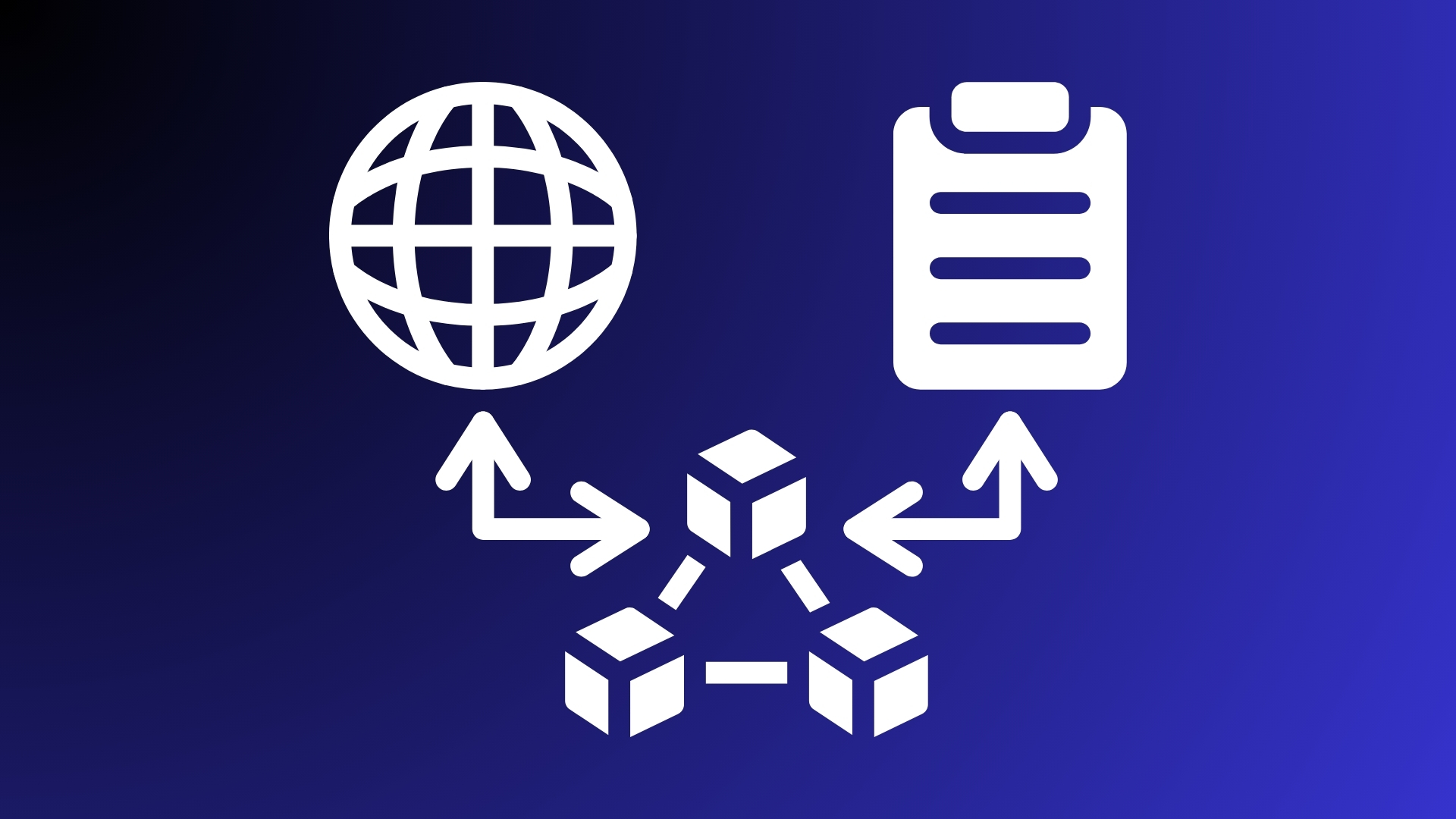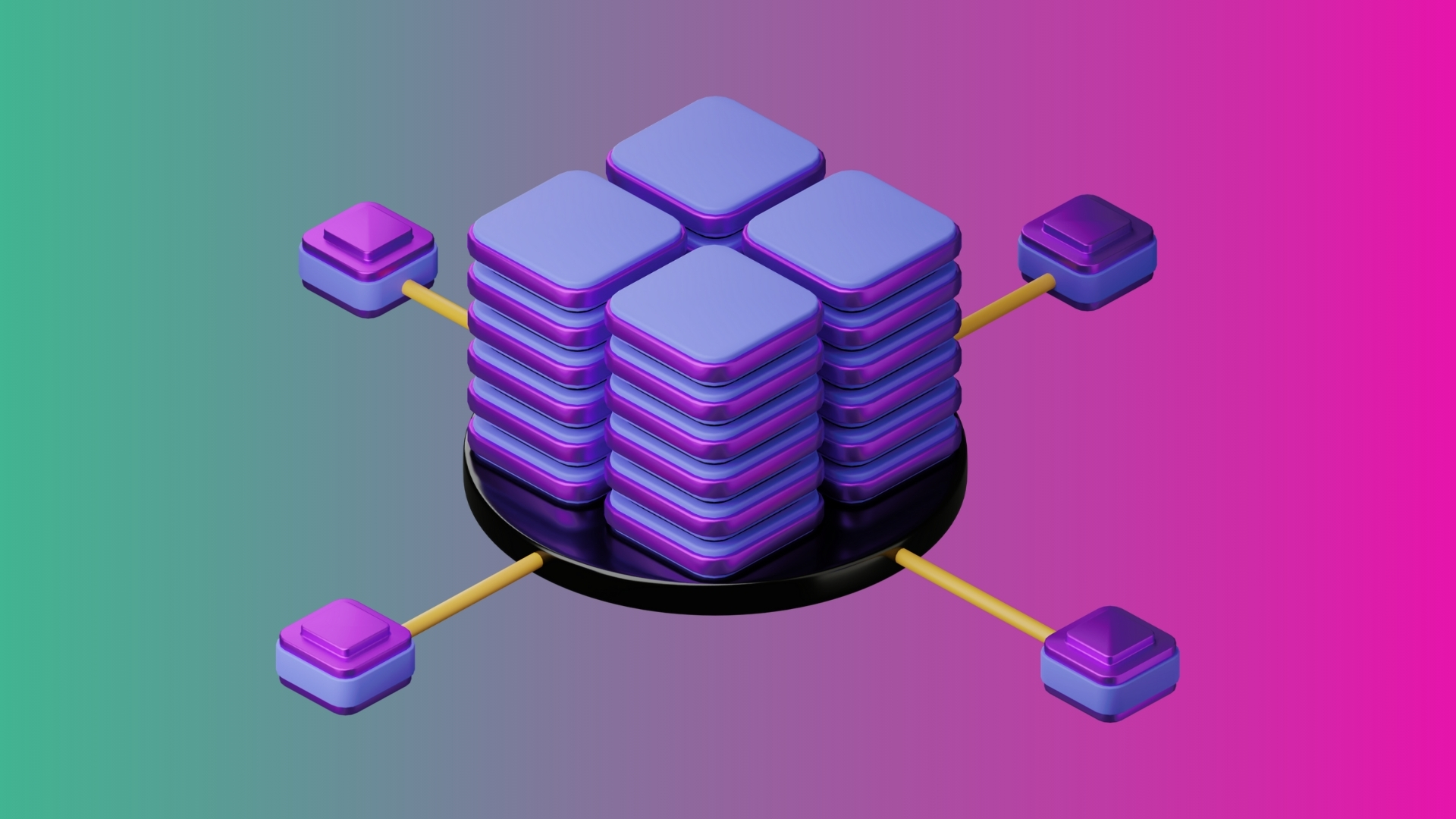Learn about Blockchain
Bridging the gap between transparency and technology
Blockchain Basics
Blockchain in-depth
Blockchain FAQs
Answers to some of the most common questions about blockchain
How many blockchains are there?
Hundreds of different blockchain ledgers exist, each recording and tracking transactions and other types of data in unique ways.
Each blockchain follows its own set of rules and operates differently. To enable these independent blockchains to exchange information and tokens, blockchain bridges and other interoperability services come into play. These tools allow seamless interaction between diverse blockchain networks.
Are blockchains and cryptocurrencies the same?
No, blockchains and cryptocurrencies are not the same. A blockchain is a decentralized digital ledger that records transactions and data, while cryptocurrencies are digital assets that use blockchain technology for secure and transparent transactions.
Are blockchains slow?
Blockchains can be perceived as slow compared to traditional centralized systems due to their decentralized nature and consensus mechanisms. Here are a few reasons why blockchains might be considered slow:
Consensus Mechanisms: Blockchains use consensus algorithms like Proof of Work (PoW) or Proof of Stake (PoS) to validate transactions. These mechanisms require agreement among nodes, which can slow down the process compared to centralized systems where a single authority can approve transactions instantly.
Block Confirmation Times: Transactions on a blockchain are grouped into blocks, and each block must be confirmed by the network before it’s added to the blockchain. The time it takes for a block to be confirmed varies depending on the blockchain protocol. For example, Bitcoin has a target block time of around 10 minutes, while newer blockchains may have faster confirmation times.
Scalability Challenges: As more transactions are added to a blockchain, scalability becomes a concern. Traditional blockchains like Bitcoin and Ethereum have faced scalability issues during periods of high network activity, leading to congestion and slower transaction processing times.
Network Congestion: During peak usage times or when there are many pending transactions, blockchains can experience network congestion. This congestion can lead to delays in transaction confirmations and higher fees as users compete to have their transactions processed faster.
Improvements and Solutions: To address these challenges, developers are working on various solutions such as Layer 2 scaling solutions (like Lightning Network for Bitcoin), sharding (used in Ethereum 2.0), and improved consensus algorithms. These innovations aim to increase transaction throughput and reduce latency, making blockchains faster and more scalable over time.
In summary, while blockchains may be slower than traditional centralized systems in some aspects, ongoing advancements in technology and infrastructure are continuously improving their speed and scalability.
What information can blockchains store?
Blockchains can store a wide variety of information, including:
- Transaction Data: Records of cryptocurrency transactions, including sender, receiver, and amount.
- Smart Contracts: Self-executing contracts with the terms of the agreement directly written into code.
- Digital Assets: Ownership records for digital assets like NFTs (non-fungible tokens).
- Supply Chain Data: Information about the movement of goods and their origins.
- Identity Information: Decentralized identity records for authentication and verification.
- Voting Records: Secure and transparent records of votes in digital voting systems.
These types of data are securely stored and immutable, ensuring transparency and trust.
Who runs the blockchain?
Blockchains are run by a decentralized network of participants, often referred to as nodes. These nodes can include individuals, organizations, and entities that contribute computing power to validate and record transactions. There is no central authority; instead, the network collectively maintains and secures the blockchain through consensus mechanisms like proof-of-work or proof-of-stake.
What companies are using blockchain technology?
Many companies across various industries are using blockchain technology. Some notable examples include IBM, Microsoft, Amazon, Walmart, JPMorgan Chase, and Visa. These companies leverage blockchain for applications such as supply chain management, financial services, digital identity verification, and smart contracts.
What is cryptocurrency mining and why is it important for some blockchains?
Cryptocurrency mining is the process of validating and adding new transactions to a blockchain ledger. Miners use powerful computers to solve complex mathematical problems, which secure the network and confirm transactions. This process is crucial for blockchains like Bitcoin because it ensures decentralization, security, and the creation of new coins as rewards for miners.

